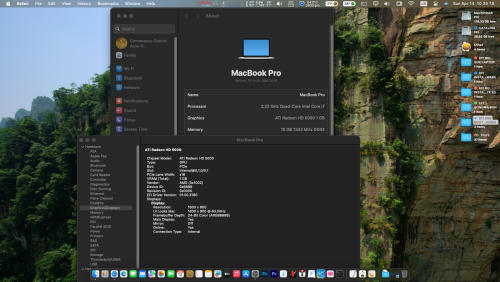There has been a lot of talk in recent months about the sense in Apple keeping its Mach kernel, a remnant of Steve’s NeXT days. While it certainly presents advantages, its microkernel architecture has serious drawbacks. (Check out that link to get up to speed on the debate)
I, Cringely has an interesting take on Windows on Macs and thinks that Boot Camp is a sign that Apple will be dropping the Mach kernel with Leopard.
This is a very interesting idea and makes quite a bit of sense. While Apple has improved the speed of the kernel over recent years, it’s still not as fast as it may become by switching architectures. Also, the longer release cycle for Leopard may be so that Apple engineers have time to bring a new kernel up to snuff.
It seems that almost every aspect of Apple’s future is up for debate at this point. Where do you stand on the microkernel - good idea or a Mach(o) mistake by Steve?









Recommended Comments